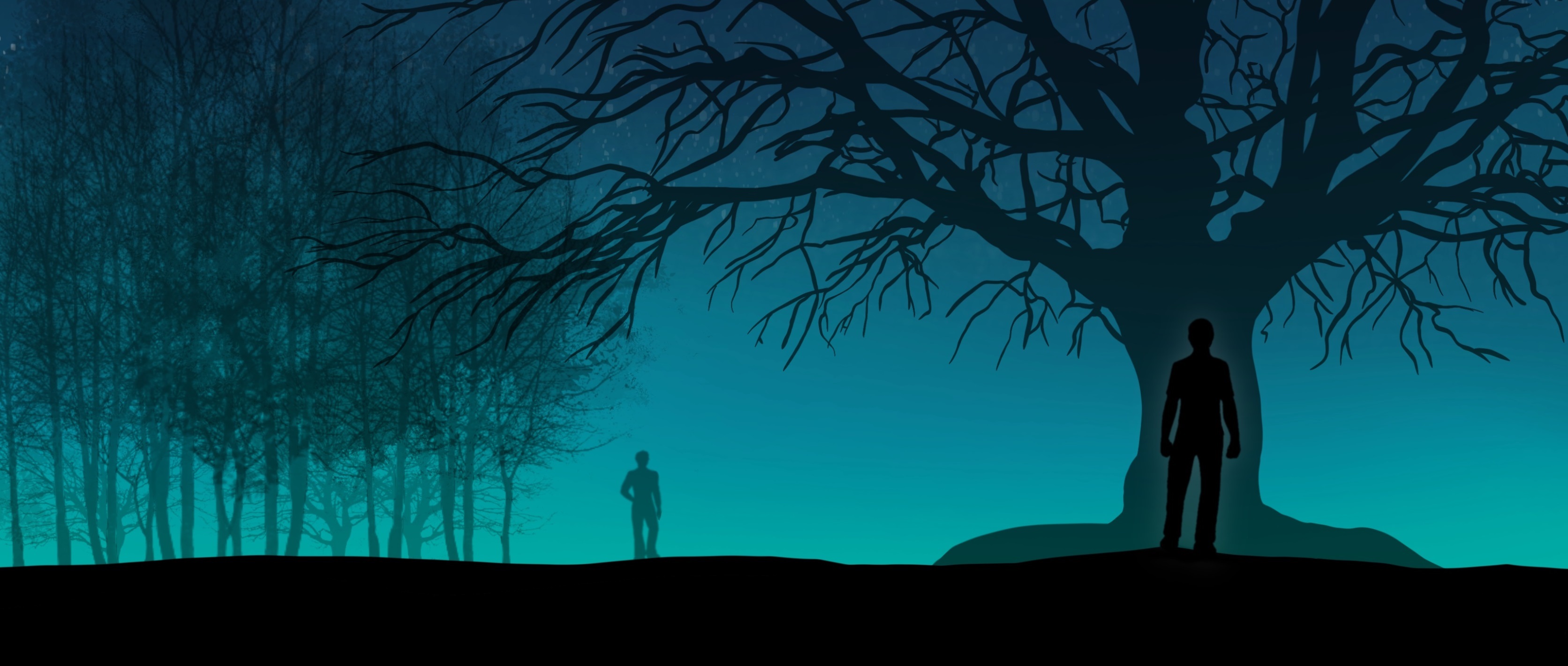
The Round Table Chronicles
The legends of King Arthur are mainstays of European literature. They have captured the imaginations of millions of people, and their influence can be seen across the full spectrum of media available. Books, movies, plays, musicals, TV shows, comics, games - people, there are ASMR videos on YouTube that talk about King Arthur and the knights. The only collection of stories to come out of Europe that I can think of that has gotten more attention than the people of Camelot is the Guttenberg Bible.
However, few people really understand the depth and intrigue of the development of the King Arthur legends. The many spinoffs and retellings that we are familiar with in more recent times are unique in this era of IPs being reused. King Arthur stories are fan fiction. Everything from the oral traditions long lost, pre and post Vulgate retellings, Thomas Malory's famous (and arguably infamous) contributions, T.H. White's novelization, and Disney's Sword in the Stone - they are equally Arthurian, equally canon, and equally carry the beautiful tradition of remaking the core conceits that speak to them most.
I got into Arthurian legend through Gargoyles. (Incidentally, that show was also the gateway to Star Trek and Shakespeare. Disney might be an evil conglomerate, but when they get it right, they get it right.) Not everyone may remember, but King Arthur showed up and hangs with Goliath and pals! That was my first exposure, at eleven years old. Then I learned about the classic Disney cartoon, and from there my precocious little middle school self said, "Hey! The movie is based on a book! I'm gonna read it!" So I picked up The Once and Future King when I was twelve.
...That might not have been the best choice, but I hope to get points for trying. My advice: wait until high school. Go watch Merlin with Sam Neill. Or Merlin with Colin Morgan. You have options.
Fortunately, the hefty weight of that book did not deter me (I read it again later on and loved it), and I continued to want to learn. Eventually, that brought me to a college class on several 'core texts' of Arthurian legend. This consisted of reading a few stories by Geoffrey of Monmouth, Chrétien de Troyes, sections of the Vulgate Cycle, and the entirety of Le Morte d'Arthur. I was stoked.
The professor was a jerk. He was caught up in his romantic ideas about the stories and the sociopolitical commentary they provided - which is great, don't get me wrong. But he refused to help us understand the dense, primordial version of English these texts were written in. When the class failed to have anything to say during discussion, he figured that we weren't reading. ...And he was right. Because we couldn't. This was a 400 level class, but I was in school for my masters in English, and I was having trouble following along. But no, it was our fault for not trying hard enough. We didn't need context, we didn't need language instruction, we didn't need helpful outlines or pre-reading summaries (btw, my masters was so I could teach English, which made all his refusals to teach all the more obvious to me). We just weren't trying.
And that's bull. These legends shouldn't be gatekept just because we all didn't get our PhDs. They belong to the world, and people should be able to indulge in the many facets of these stories and be surprised by them. Like, did you know that Mordred did not start out as Arthur's son? Did you know Gawain had four brothers and two sisters? Did you know that Arthur was fine with Guinevere cheating?
I love that there are popularized versions of the myth, but many of them are telling the same stories over and over. We deserve to know the whole thing, and to make more stories based on that broader knowledge. The Round Table Chronicles is my contribution to that. It is a story set during modern times full of modern problems, using ancient frameworks and references to examine those problems, as all good, long-standing creative works should. Hopefully through RTC I can open up this world in a way that other iterations haven't, and thus spark even more interest, thought, and joy through Arthurian legend.
...Also, who doesn't love a little representation from the alphabet mafia?
Find your way!
Resources
WHO WE ARE
LEGAL
Our Shop
Development
EVENTS
REACHING OUT
A BIG THANK YOU
To all our Our Patrons for their unwavering love and support.
For the amazing images. His Titanship Christopher Dravus of Ironrise Games, Our Revered Deity Basic Dragon / Rin & His Majesty Caeora